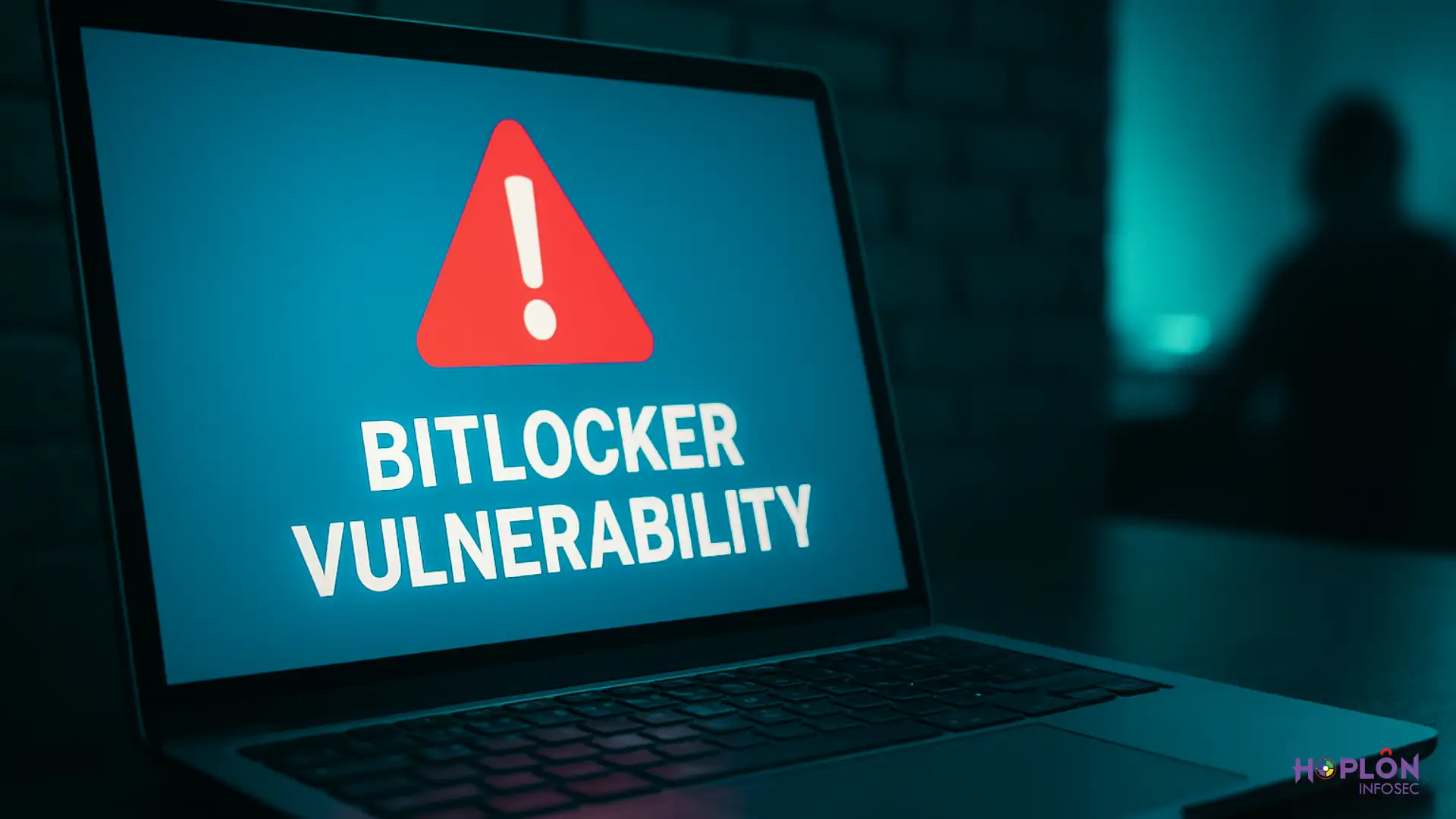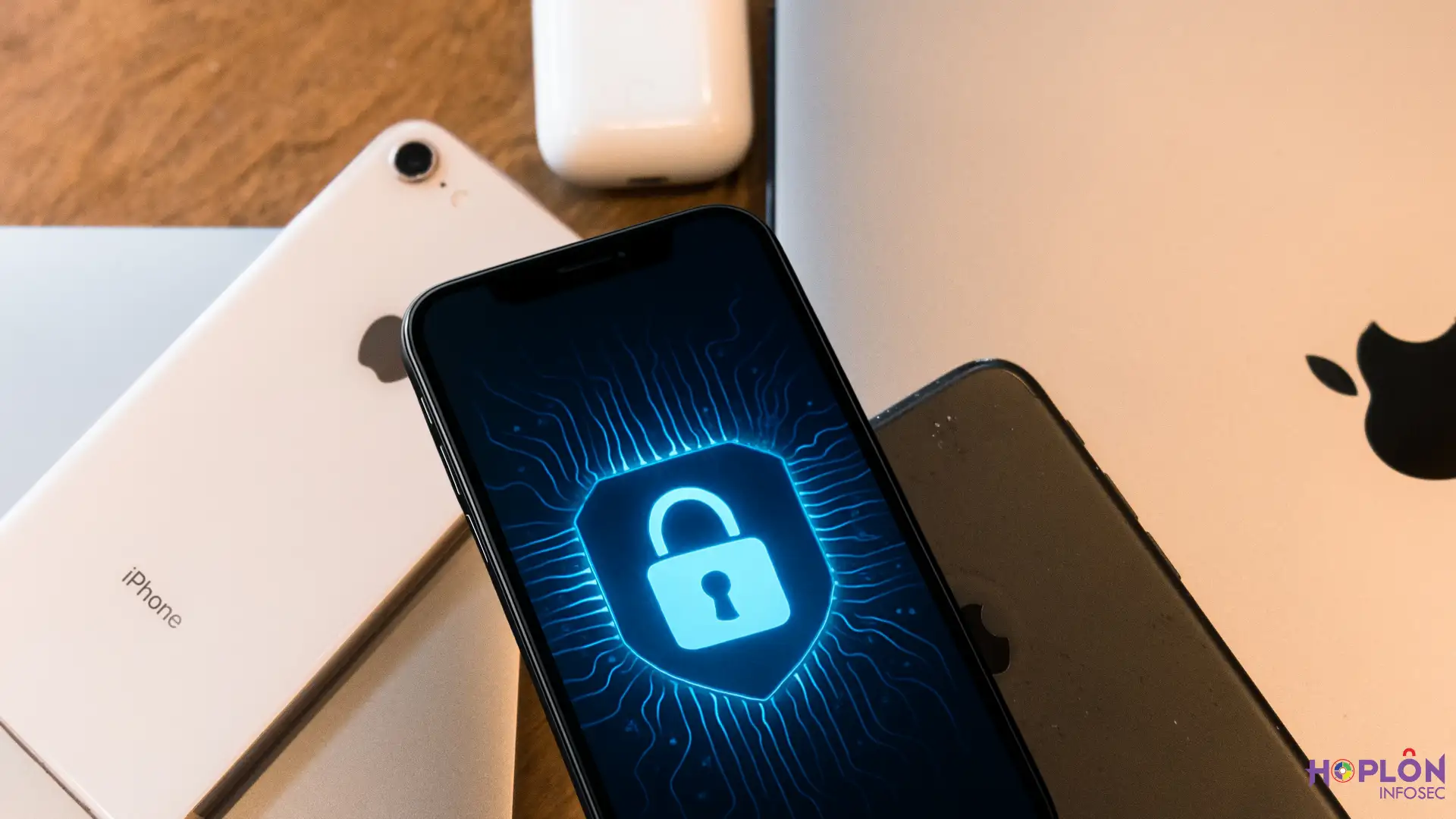In a recent, high-stakes cyber-espionage incident, Chinese hackers successfully breached the private communications of high-ranking U.S. government officials. This cyber intrusion, which targeted sensitive government accounts, has raised significant concerns about the extent of foreign infiltration in American cyberspace. This incident highlights the growing sophistication and audacity of state-sponsored cyber attackers, who now wield increasingly advanced tools to gain access to classified information.
With government officials’ communications compromised, the scale of this breach is alarming. Infiltrating these private communications could allow attackers access to sensitive national security, policy-making, and international diplomacy discussions. Such incidents expose vulnerabilities in the cybersecurity framework, particularly within government systems that are prime targets for state-sponsored attacks from foreign adversaries.
The breach was identified after suspicious activity was flagged in email accounts associated with key officials. Cybersecurity teams quickly mobilized to assess the scope of the intrusion and identify affected accounts. Initial investigations indicate that the attackers may have gained access through advanced spear-phishing techniques, which exploited specific vulnerabilities to infiltrate government email servers without detection.
Cybersecurity experts have attributed the attack to a Chinese state-sponsored group based on digital footprints such as I.P. addresses, malware signatures, and behavioral patterns consistent with previous Chinese cyber operations. This attribution aligns with a broader trend of cyber aggression from Chinese groups targeting high-value government systems worldwide, especially those of geopolitical interest.
The attackers reportedly exploited specific vulnerabilities in the government’s communication infrastructure. These security weaknesses allowed attackers to access private email accounts with minimal user interaction, underscoring the risks of unpatched systems. Such tactics reflect an ongoing strategy among sophisticated threat groups to exploit zero-day vulnerabilities, maximizing their access before patches can be applied.
This breach follows a history of Chinese state-sponsored cyber campaigns to gather intelligence on the U.S. and its allies. Over the past decade, Chinese threat actors have orchestrated numerous high-profile breaches targeting critical sectors, including government, defense, and healthcare. The consistency of these attacks suggests a coordinated effort to amass strategic intelligence, destabilize adversarial systems, and gain competitive advantages in fields like technology and defense.
The consequences of a compromised communication channel among government officials are severe. Unauthorized access to sensitive discussions can provide adversaries with critical insights into U.S. policies, diplomatic negotiations, and strategic decisions. This level of exposure could impact the United States’ global standing, give foreign governments a strategic advantage, and compromise ongoing international negotiations.
U.S. agencies have initiated comprehensive security audits and threat-hunting operations to detect and mitigate residual risks in response to this breach. Efforts are underway to patch vulnerabilities and bolster defenses against future intrusions. However, the challenges of defending against state-sponsored hackers persist, given their resources and access to sophisticated tools designed to evade traditional security measures.
This breach underscores the urgent need for strengthened cybersecurity protocols across government systems. As threat actors continue to evolve, so must critical institutions’ cybersecurity defenses. Investing in updated security measures, regular vulnerability assessments, and advanced threat-detection tools is essential for the U.S. government to protect itself against future cyber espionage incidents and maintain the security of national communications.
Scope and Impact of the Telecommunications Breach
The recent breach, attributed to Chinese-affiliated hackers, is one of the most significant cyber espionage attacks involving telecommunications networks. As outlined in a joint statement from the FBI and CISA, the attackers gained access to the internal systems of multiple significant telecommunications companies in the United States. This breach demonstrates a high level of sophistication, as it targeted individual communications and impacted entire network infrastructures, compromising vast amounts of sensitive data.
One of the most troubling aspects of the breach is the theft of customer call records. This sensitive data includes information about phone calls made by individuals, which could reveal private conversations, locations, and other personally identifiable information. Given that the telecommunications companies involved serve millions of customers, the potential for exposure of private information is vast, raising questions about the long-term effects on personal privacy and public trust in these providers.
In addition to call records, the Chinese hackers could access the private communications of targeted individuals. These individuals were likely high-ranking government officials, diplomats, or other prominent figures, making the breach even more alarming. This intrusion allows the attackers to gather valuable intelligence regarding personal conversations, government strategies, and potentially sensitive discussions that could impact national security.
The breach also extended to information requested by U.S. law enforcement, subject to court orders. This aspect of the hack has profound implications, as it indicates that the attackers could access data that would typically be protected under legal frameworks. This includes sensitive legal communications and documents related to ongoing investigations, which could undermine national security and public confidence in the integrity of law enforcement processes.
The FBI and CISA jointly issued a statement outlining the extent of this serious breach, which goes beyond individual conversations. After successfully breaking into networks of many telecom businesses, the Chinese-affiliated actors were able to:
- Steal info from customer call records
- Access the targeted persons’ private correspondence
- Under court orders, U.S. law enforcement may request copy information.
The scope of the breach raises significant national security concerns. The compromised data likely includes sensitive government operations and political strategies that adversaries could leverage to gain the upper hand in global negotiations. With such information in their hands, the attackers may be able to manipulate the direction of diplomatic relations, economic decisions, and military strategies, potentially altering the geopolitical landscape.
Authorities are still determining the full extent of the breach. As investigations progress, more affected systems and data points are expected to be uncovered. This means that the impact of the breach could grow as more information comes to light. The full scale of the hack is still unclear, but the fact that it is ongoing suggests that there may be more compromised networks and systems that have yet to be fully assessed.
Given the level of access the attackers gained, there is a real risk of further exploitation of the compromised data. With sensitive communications and information from various U.S. government agencies now in the hands of Chinese-affiliated actors, the potential for future attacks or exploitation of this data is high. This could include targeted cyberattacks on other critical infrastructures or using stolen information for economic or political reasons.
The implications of this breach extend beyond immediate national security concerns. If sensitive political strategies and diplomatic communications are exposed, it could significantly undermine the ability of U.S. officials to operate covertly or negotiate effectively on the international stage. The credibility of U.S. policy-making and diplomatic channels may also be at risk if adversaries can anticipate actions or leverage this information for political gain.
The breach also threatens to erode public and private sector trust in telecommunications companies, especially regarding their ability to safeguard sensitive data. With millions of individuals affected by the theft of personal data, these companies’ reputations could take a severe hit. This may lead to a shift in how consumers view data security and privacy, potentially leading to increased demand for more stringent regulatory oversight and transparency.
Both the FBI and CISA are acting quickly to counter this cyber threat:
- Giving impacted parties technical support
- Sharing information quickly to warn possible victims
- Increasing cyber security throughout the commercial communications industry
Response and Future Cybersecurity Measures
In light of the breach, the FBI and CISA have urgently called for organizations that suspect they may be victims of this cyber attack to immediately contact their local FBI Field Office or CISA for support. This immediate response is critical in mitigating the damage and understanding the full scope of the breach. Organizations are urged to act quickly to assess their security and determine if they have been compromised, especially those handling sensitive government or political communications.
The breach is still under investigation, with both agencies working diligently to uncover more details about the attackers and the extent of the data compromise. As the investigation progresses, authorities expect to learn more about how the attackers infiltrated the telecommunications systems, what data was stolen, and the full impact on national security. The transparency of the investigation process will be vital in informing the public and relevant stakeholders about the breach’s potential long-term effects.
The breach highlights the persistent vulnerabilities in telecommunications infrastructure that expose critical systems to cyber threats. State-sponsored hacking groups, particularly those with vast resources like the Chinese-affiliated attackers, are increasingly sophisticated in their tactics. This makes it evident that organizations—especially those dealing with high-value, sensitive communications—must reassess and strengthen their cybersecurity defenses to protect against evolving threats.
The ongoing investigation into this breach also raises significant concerns about national security, especially regarding the exposure of sensitive political and governmental communications. The stolen data could be used to compromise national interests or geopolitical negotiations. As such, the breach is not only a violation of privacy but also an active threat to the nation’s security, prompting government officials to call for more robust defenses and greater vigilance against future espionage attempts.
The joint statement from the FBI and CISA emphasizes the gravity of the situation and the government’s commitment to addressing this significant breach. In addition to investigating the current incident, both agencies work closely with the affected telecommunications companies and other stakeholders to implement immediate corrective actions. These measures include enhanced monitoring of telecommunications networks, increased collaboration between public and private sectors, and improved threat detection to prevent similar breaches in the future.
As more details about the breach emerge, additional cybersecurity protocols will likely be implemented to better secure telecommunications infrastructure. These may include stricter access controls, enhanced encryption, and real-time monitoring systems designed to detect anomalous activity before it can cause significant harm. The aim is to proactively prevent state-sponsored hackers from exploiting vulnerabilities before they are patched and strengthen defenses at all system levels.
Holding those responsible for the breach accountable is crucial for deterring future cyber espionage campaigns. In addition to investigating the perpetrators, governments worldwide may consider imposing stricter regulations on critical infrastructure and enforcing international cybersecurity standards. The breach serves as a stark reminder of the vital importance of maintaining a robust cybersecurity strategy to protect sensitive data and safeguard national interests and individual privacy in an increasingly interconnected world.
For more:
https://cybersecuritynews.com/chinese-hackers-us-govt-officials/
https://www.voanews.com/a/suspected-chinese-hack-of-us-telecoms-reveals-broader-plot/7863318.html
https://www.newsweek.com/fbi-chinese-cyber-espionage-multiple-telecom-networks-1985617




